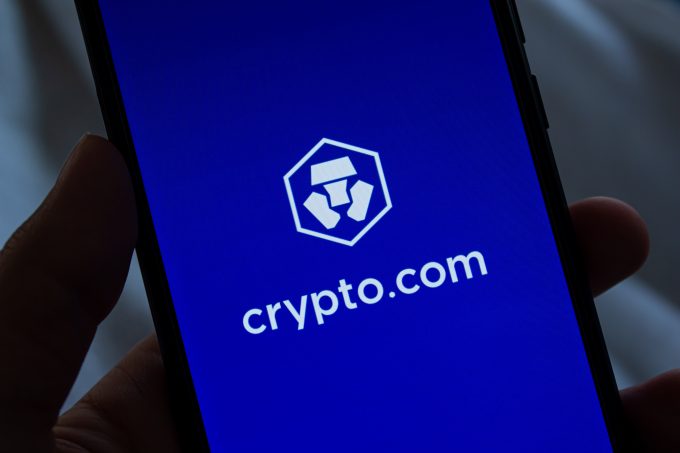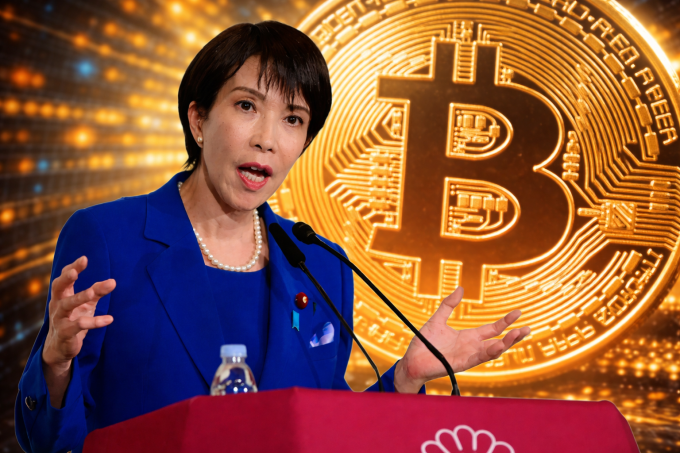Market Context: Technical Tensions in a Calm Market
While Bitcoin’s price held steady near $113,000 this week, a sharp debate emerged within the developer community over the controversial node software Bitcoin Knots. The software, once seen as a minor alternative to Bitcoin Core, has drawn criticism from developers who allege it functioned as a denial-of-service (DoS) vector rather than a legitimate improvement to the network.
The controversy comes at a time when Bitcoin markets remain relatively calm, with volatility at its lowest level since mid-2022. Yet beneath the surface, questions about code governance, security, and decentralization ethics have resurfaced — issues that strike at the foundation of Bitcoin’s trustless design.
Bitcoin Knots: From Alternative Client to Controversial Actor
Bitcoin Knots, originally created by developer Luke Dashjr, is a fork of the Bitcoin Core software that introduces experimental features and stricter transaction policies. However, recent community analyses suggest that certain updates in Knots’ codebase may have intentionally or inadvertently filtered specific transaction types, effectively limiting network participation for some nodes.
Critics argue that such behavior constitutes a de facto DoS mechanism, as it can disrupt transaction propagation and reduce network reliability. While no widespread harm has been observed, the incident highlights the delicate balance between innovation and network stability.
“Bitcoin’s strength lies in predictable consensus,” noted Harold Yin, a blockchain infrastructure analyst at INVESTCOIN Research. “When alternative clients introduce unilateral policy filters, even under the banner of improvement, they risk fragmenting that consensus and inviting unnecessary risk.”
Open-Source Governance: Freedom vs. Responsibility
At the heart of the dispute lies a philosophical tension within open-source culture — the freedom to experiment versus the responsibility to preserve system integrity. Bitcoin’s decentralized nature allows anyone to create a software fork, but the network depends on implicit coordination among developers and node operators to maintain compatibility.
The Bitcoin Knots episode reignites debate over whether alternative clients should face peer review standards akin to those applied to Bitcoin Core. Some developers have suggested creating a community-managed certification process for alternative software, ensuring transparency in how policy differences could affect network behavior.
Historical precedents, such as the 2017 SegWit upgrade dispute, demonstrate that minor code divergences can escalate into major consensus risks. Analysts warn that governance fatigue — where community oversight weakens due to complexity — could create openings for future disruptions.
Investor Sentiment: Confidence Holds Despite Developer Discord
From a market perspective, investors appear largely unfazed by the technical debate. Bitcoin’s price has remained within a $2,000 trading range over the past week, while futures open interest on major exchanges rose 1.8%, suggesting that traders view the event as a developmental issue rather than a security threat.
Nevertheless, the controversy has reignited interest in network security practices. Node operator engagement on GitHub and developer forums has increased notably, reflecting a renewed focus on defensive coding standards and transaction neutrality — both seen as essential to maintaining Bitcoin’s long-term credibility.
Forward Outlook: Safeguarding Decentralization Through Discipline
As the Bitcoin ecosystem grows more complex, the balance between openness and discipline will become increasingly vital. The Bitcoin Knots debate underscores that decentralization is not merely about freedom to fork code, but about maintaining trust through transparency, communication, and restraint.
If developers can translate this controversy into clearer governance mechanisms, it may ultimately strengthen Bitcoin’s resilience. For investors and node operators alike, the lesson is clear: decentralization is only as strong as the coordination that sustains it.
Comparison, examination, and analysis between investment houses
Leave your details, and an expert from our team will get back to you as soon as possible













https://shorturl.fm/Zte4y
https://shorturl.fm/Zte4y